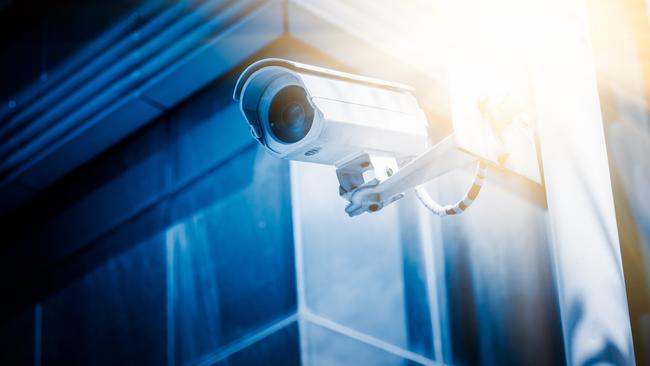Privacy and surveillance laws set for shake-up
Drones flying over neighbourhoods, cameras pointed into backyards, and surreptitious snappers posting to social media – the proliferation of digital devices is posing major questions about people’s right to privacy, writes Jessica Marszalek.
Opinion
Don't miss out on the headlines from Opinion. Followed categories will be added to My News.
DRONES flying over neighbourhoods, cameras pointed into back yards, and surreptitious snappers posting to social media – the proliferation of digital devices is posing major questions about people’s right to privacy.
And those questions have been at the heart of a 18-month review of the state’s woefully outdated privacy laws by the Queensland Law Reform Commission.
Law Reform Commission leads push for new laws to protect Queenslanders’ privacy
The Palaszczuk Government will soon be handed their findings, and, it is expected, draft legislation drawn up to drag Queensland laws into the digital age following action by other states.
It is a fact that often shocks those caught out that, in Queensland, surveillance devices are not comprehensively regulated, with the Invasion of Privacy Act 1971 only regulating the use of listening devices.
It is a situation that has left a yawning gap between people’s expectations of privacy and what has now possible with the emergence of new technology over the past two decades.

For example, your neighbour can put a camera on their property that films your backyard pool and there is not much you can do about it.
A school bully can stream an embarrassing video of you over social media without your consent, as long as it is taken in public.
A stranger can fly a drone over a public beach and take pictures that show you sunbathing, and that is perfectly fine as long as they are not breaking flight rules.
And then there’s the horrifying ways technology is being used to keep tabs on partners and pry into the lives of ex-partners in disgraceful family violence cases – often even without their knowledge.
New push to block TikTok as Australian students film and upload videos at school
In the past, surveillance was an intensive, costly and time-consuming activity.
Listening bugs and surveillance equipment were expensive and activities like trailing a person was time-consuming.
Now technology is cheaper, increasingly sophisticated and with internet connectivity that makes it so easy to share.
It means most of us now have our own little private-eye goodie bag in our pocket.
While a mobile phone may be a phone, it is now also an eavesdropping device, a recorder, a live video streaming service and a GPS tracker.

Stalking laws already exist but the inquiry has considered whether a specific offences needs to be created concerning “grossly offensive use” of a surveillance device, which would send a clear message to the community about what behaviour is not on.
Because the QLRC has warned technology is only getting smarter, smaller, and more able to peer in to our lives in ways most of us have not even considered yet.
“It is anticipated that surveillance devices will become increasingly autonomous, intelligent and connected in the future, and that the trend towards convergence will continue,” the QLRC warned during its review.
Some of the questions the inquiry has grappled with include what restrictions should apply in a public place, how overt and covert surveillance might be treated differently and how surveillance devices should be defined considering given the technical abilities of common devices like mobile phones.
A very important question will be around what surveillance is okay if it is in “the public interest”, like a journalist investigating wrongdoing, or to protect someone, like a nanny cam? How should a private investigator investigating insurance fraud be treated differently?
And should breaches of any new regimen be civil to allow people to sue, criminal offences, or be decided by an independent regulator?
In some cases, the public will have very concrete ideas around what is acceptable and what is not.
The QLRC’s report is expected imminently, having missed its initial deadline in late February.
It is up to the parliament now to take this detailed work to better protect people from nosy neighbours, peeping Toms, disgruntled exes and bullies under the biggest overhaul of privacy laws in years.
But it will be complicated. And Queenslanders will be watching.


